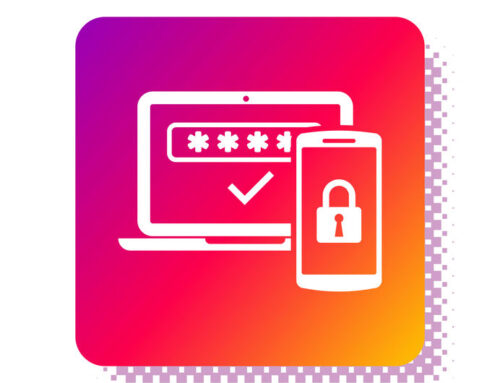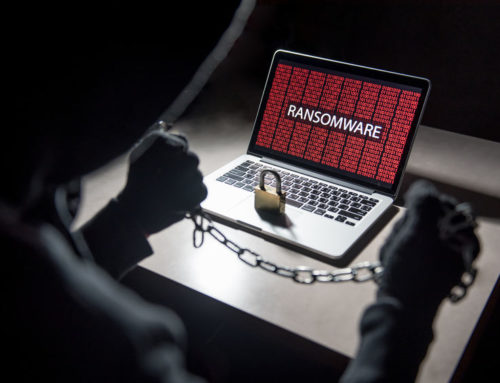 Here are some steps that your business should take in ensuring cyber safety:
Here are some steps that your business should take in ensuring cyber safety:
- Change default passwords regularly. Use a proper password policy, such as having your employees select a good password with a comination of words, numbers and proper nouns and have them changed periodically. For extremely sensitive data, consider biometrics or multi-factor authentication.
- Limit access of sensitive information. Give employees access to the computer systems and data that they need to do their job and not anything more. There is also special software that can detect unusual patterns of activity in a computer system and that can ensure that information is not being leaked.
- Backup often! Do not keep backups attached to the production network. It is also optimal to have off-site backups as well as on-site.
- Encrypt! Make sure all of your sensitive data is stored in an encrypted format. Use encryption software to protect financial information. Smaller companies may want to consider using an outsource payment processing company, like PayPal.
- Update your OS (Operating System) so that security patches are updated. This is critical to your cyber safety.
- Offer training to your employees on basic cyber safety and keep them aware of any internet safety issues.
- Hire professionals to maximize your cyber security. Most SMBs need the help of tech professionals to assist in their approach to cyber security. To quote a recent inc.com article, the cost “may pay for itself many times over in terms of time, money, and aggravation down the road.”





